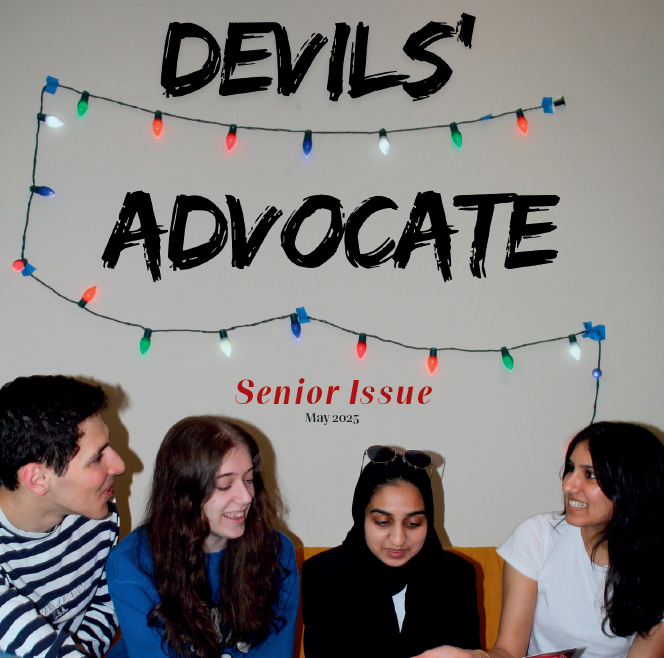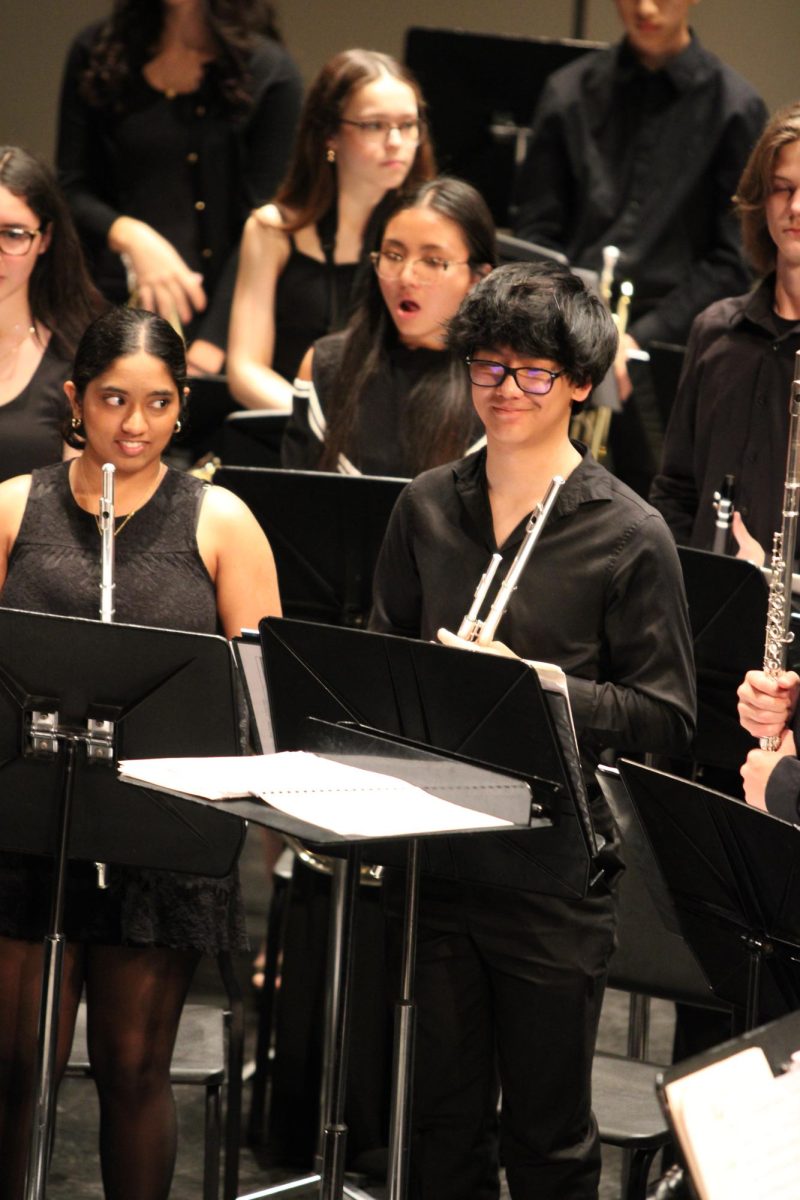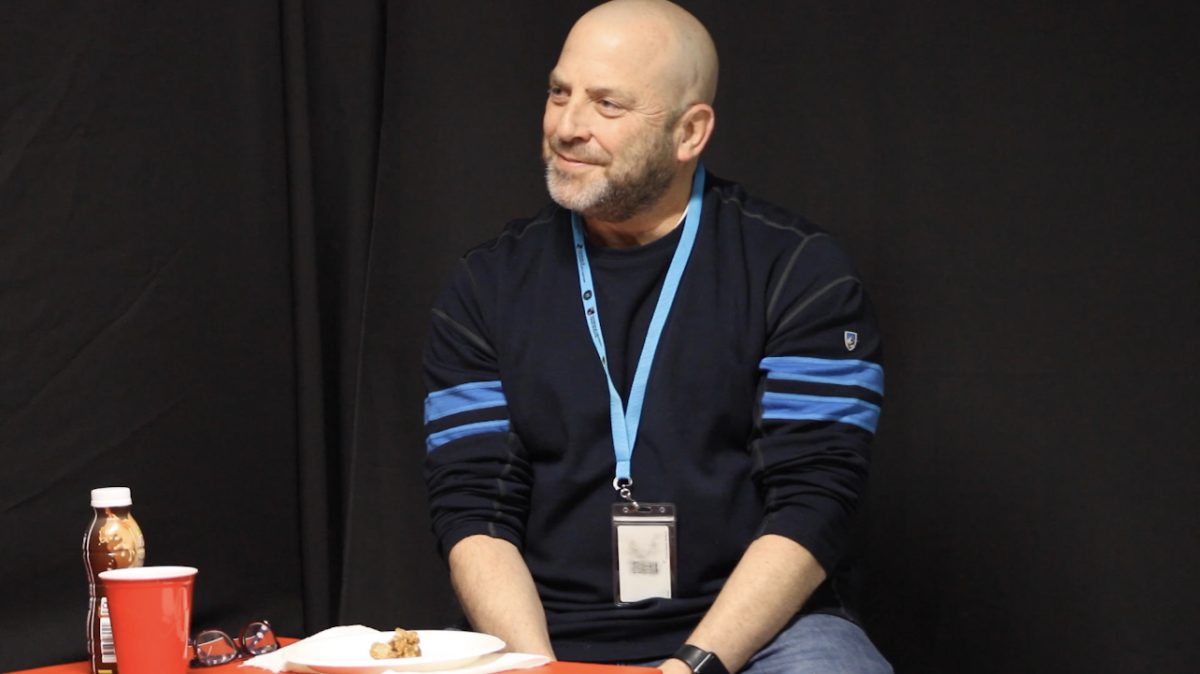Central teachers volunteered to serve at McDonalds in support of the Microfinance Club’s efforts to offer microloans to people and groups in developing countries. Microloans helped impoverished people set up a little buisness to help set them on a path of financial stability.
Students stand behind the club’s efforts, but disagree on how the profits should be spent.
“If had to pick one I’d say the developing countries in Africa, like Congo, Ethiopia, or Sierra Leone,” said Kate Sprengel, sophomore.
Rohan Gupta, junior, considered many factors. “I think that personally it should be spent on sustainability, but if not that, then perhaps Somalia. That seems to be a country with high crime rates, low income, and centered in a politically important location,” he said.
Sprengel cares less about which country the money goes to and more about how effectively it is spent. “I feel like it would be better used if it went to a charity who knows how to maximize the help they give those countries with any amount of money they get. Charities like ‘FMSC [Feed My Starving Children],’ ‘Doctors Without Borders,’ and other charities like that do so much for so many countries and don’t have to pick just one to help,” she said.
Microloans, however, function differently than most aid giving institutions. Microloans work to give their recipients some independence, autonomy and control over their future and the future of their families.
The teachers involved were eager to support the cause as well. “It’s such a good cause. I’ve done it before with my classes where we pick different individuals or groups that we thought were worthy of a small micro-loan, and it just seemed like a really good group to encourage,” said Mr. John Naisbitt, history teacher.
Mr. Matt Doll, math teacher, worked at McDonald’s that night. “Sometimes things are bad enough that people need a handout just to get by in the short term. In order for things to improve in the long term I think you really need to foster a level of independence. Microfinance Club helps people in developing countries get started on the road to self-sufficiency, and it’s beautiful to think about how that can change the paradigm for those who are struggling. Instead of being in a state of dependence on others, they are able to get in the driver’s seat and have real choices about what paths their lives will take,” Doll said.



















